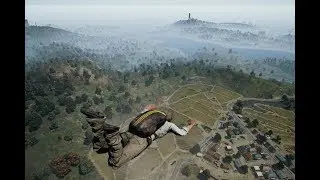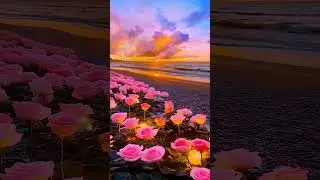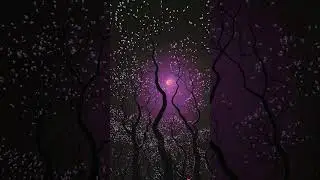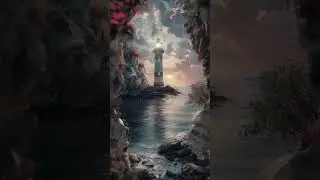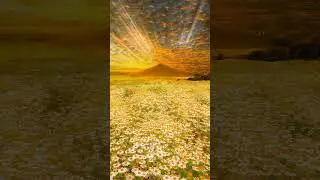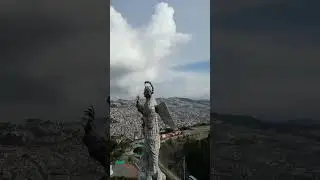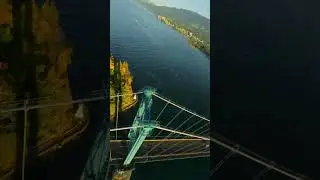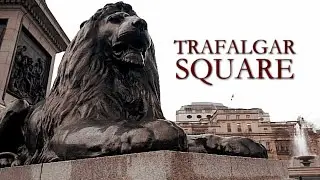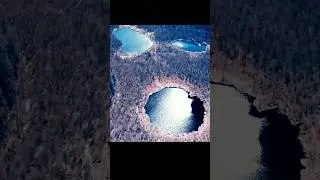ALUSHTA, CRIMEA - Peninsula Disputed Between Ukraine and Russia - Stunning 4K Footage
ALUSHTA, CRIMEA - Peninsula Disputed Between Ukraine and Russia - features stunning and spectacular aerial, walking, and drone video footage set to original music. The Crimean problem or the Crimean question is a dispute over the status of Crimea between Ukraine and Russia. The dispute began during the dissolution of the Soviet Union, but did not escalate into a conflict until the 2014 Ukrainian revolution, when Russian special forces were deployed to occupy Crimea and took over its government buildings. The official results of a disputed referendum held during the Russian occupation indicated overwhelming support for annexation to Russia, and the Supreme Council of Crimea unilaterally declared their independence from Ukraine as a state under the name of Republic of Crimea. The republic was then annexed by Russia, whereby the former Autonomous Republic of Crimea became the "Republic of Crimea" as a Russian republic and former city with special status of Sevastopol became a Russian federal city. Ukraine and the majority of the international community continue to regard Crimea as occupied Ukrainian territory. Despite international opinion however, the currency, tax, time zone and legal system are all operational under de facto Russian control. Ukraine has attempted to resolve the matter by filing litigation in multiple international criminal, environmental, political (European Union), and other courts.
Alushta is a city of regional significance on the southern coast of the Crimean peninsula which is de facto within the Republic of Crimea, a federal subject of the Russian Federation but is de jure within the Autonomous Republic of Crimea within Ukraine. The status of Crimea is disputed between Russia and Ukraine as a result of the 2014 vote to join Russia which was held during Russian military intervention, and the subsequent annexation of Crimea by the Russian Federation. It serves as the administrative center of Alushta Municipality, one of the regions Crimea is divided into. Founded in the 6th century AD by Emperor Justinian, today it is a resort town. It is situated at the Black Sea beach line on the road from Hurzuf to Sudak, as well as on the Crimean Trolleybus line. Population: 29,078 (2014 Census).
The area is notable for its arid, rocky terrain due to its proximity to Crimean mountains. During Byzantine times the town was called Alouston (Ἄλουστον) meaning "Unwashed". Vestiges survive of a Byzantine defensive tower from a fortress of which the city name has derived, as well as a 15th-century Genoese fortress . During the Genoese rule the name modified to Lusta. Adam Mickiewicz dedicated two of his Crimean Sonnets to Alushta.
It is also the home of Seyit the Wolf in the Turkish drama Kurt Seyit ve Sura.
In 1910, 544 Jews lived in Alushta, consisting about 13% of the town population. In 1939, they consisted only 2.3% of the town overall population, numbering 251 individuals. On 4 November 1941, the Germans occupied the town and on 24 November 1941, a unit of sonderkommando 10b shot to death 30 Jews along with captured communists and partisans. In early December 1941, about 250 Jews from Alushta were shot to death by sonderkommando 11b in the park of trade union sanatorium no. 7, which is today in the local center for children and creativity.
This scenery video features original music by Drum Knight:
/ @jabezscratch
#AlushtaDrone
#AlushtaAerial
#AlushtaPreWar
https://en.wikipedia.org/wiki/https:/...






